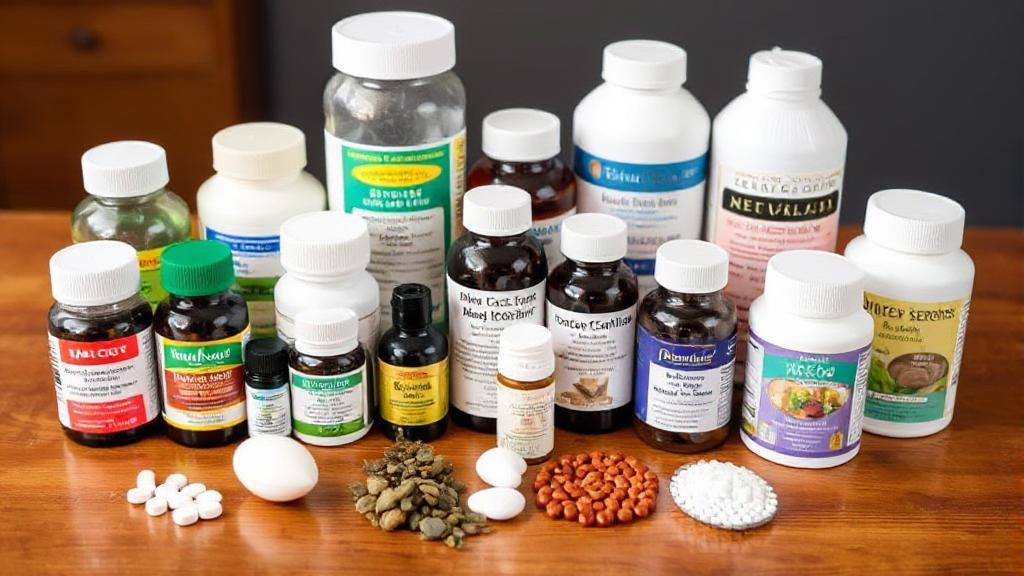Understanding IBS-C and Chronic Constipation
Irritable Bowel Syndrome with Constipation (IBS-C) and chronic constipation are common gastrointestinal disorders that can significantly impact quality of life. IBS-C is characterized by abdominal pain and infrequent, difficult bowel movements, while chronic constipation involves persistent difficulty in passing stools. Both conditions often require long-term management strategies.
Over-the-Counter Options
Osmotic Laxatives
Osmotic laxatives are generally considered a first-line treatment for chronic constipation. Popular options include:
- Miralax (polyethylene glycol 3350)
- Milk of Magnesia (magnesium hydroxide)
- Lactulose
These medications work by drawing water into the intestines, making stools softer and easier to pass.
Other OTC Medications
-
Fiber Supplements: Products like Metamucil or Citrucel can help increase stool bulk and promote regular bowel movements.
-
Stool Softeners: Colace (docusate sodium) can help soften stools without the harsh effects of stimulant laxatives.
-
Stimulant Laxatives: While not recommended for long-term use, options include:
- Dulcolax (bisacodyl)
- Senna products
- Cascara sagrada
Prescription Alternatives
Several prescription medications are available as alternatives to Linzess:
-
Amitiza (Lubiprostone): Works similarly to Linzess by increasing fluid secretion in the intestines.
-
Trulance (Plecanatide): Another guanylate cyclase-C agonist that helps regulate bowel function.
Cost Comparison
Natural and Lifestyle Approaches
Dietary Modifications
Making dietary changes is often the most cost-effective approach:
- Increase fiber intake gradually to 25-35g daily
- Drink plenty of water (at least 8 glasses per day)
- Add probiotic-rich foods to your diet
- Include natural osmotic foods like prunes and figs
Exercise
The American College of Sports Medicine recommends:
At least 150 minutes of moderate-intensity aerobic activity or 75 minutes of vigorous aerobic activity per week.
Natural Remedies
- Probiotics: Supplements like Align may help improve gut health
- Herbal Teas: Senna or peppermint teas can have mild laxative effects
- Magnesium citrate: Typically costs $10-15 per month
- Ground flaxseed: Approximately $5-10 per pound
When to Seek Medical Advice
Consult a healthcare provider if you experience:
- Severe abdominal pain
- Blood in stools
- Unexplained weight loss
- Persistent changes in bowel habits
Cost-Saving Resources
Many pharmacies offer discount programs:
- GoodRx
- Walmart's $4 prescription program
- Costco Member Prescription Program
Remember to consult with a healthcare provider before starting any new treatment regimen, especially if you have underlying health conditions or take other medications. The National Institute of Diabetes and Digestive and Kidney Diseases provides additional resources and information on managing these conditions.
